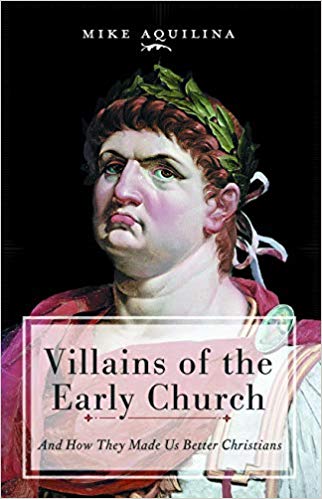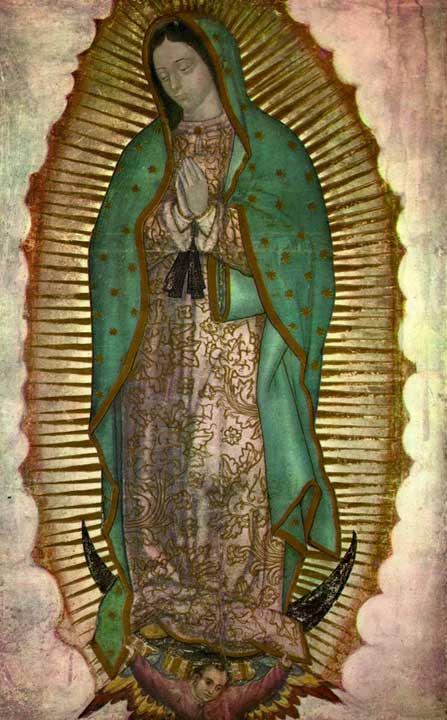Podcast: Play in new window | Download (Duration: 30:49 — 21.3MB) | Embed
Subscribe: Apple Podcasts | Spotify | Amazon Music | Android | Pandora | iHeartRadio | JioSaavn | Podchaser | Gaana | Podcast Index | Email | TuneIn | Deezer | Anghami | RSS | More
 Second Mode of Discernment – “What am I to do?” The Discernment of God’s Will in Everyday Decisions with Fr. Timothy Gallagher
Second Mode of Discernment – “What am I to do?” The Discernment of God’s Will in Everyday Decisions with Fr. Timothy Gallagher
Fr. Timothy Gallagher and Kris McGregor discuss the second mode of discernment according to St. Ignatius of Loyola. This mode involves a consistent attraction of the heart toward one option over a period of time, particularly during spiritual consolation.
They examine an experience from St. Ignatius’s life where he discerned whether the Jesuits should continue living in radical poverty. Ignatius sought God’s guidance through Mass for 40 consecutive days, experiencing spiritual consolation and a consistent inclination toward radical poverty until the 40th day, when he faced spiritual desolation and doubts.
Fr. Gallagher reminds us of the importance of spiritual guidance in discernment, noting that it’s a process over time rather than a single moment of clarity. He illustrates this mode with the stories of Richard, who discerned a call to Jesuit life, and Jessica, who felt drawn to religious life over time.
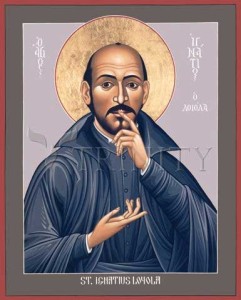 Discerning Hearts Reflection Questions:
Discerning Hearts Reflection Questions:
- When have I noticed a repeated interior drawing toward a particular choice during times of prayer and closeness to God?
- How do moments of peace or joy in prayer differ from moments of heaviness or discouragement when I reflect on an important decision?
- Am I allowing enough time for clarity to emerge, or do I feel pressure to decide before a pattern becomes clear?
- How do doubts affect me during discernment, and do they change when I return to prayer or silence before the Lord?
- In what ways might periods of interior struggle be revealing resistance rather than the failure of a discernment already underway?
- Have I reached a place of genuine interior freedom where I can say, “Whatever you want, Lord,” even if it challenges my preferences?
- Who accompanies me in discernment, and how open am I to sharing my interior experience with a wise spiritual guide?
- Do I distinguish between being actively engaged in a discernment process and simply feeling stuck or uncertain without direction?
From The Discernment of God’s Will in Everyday Decisions:
“Three Times in which a Sound and Good Choice May Be Made
The first time is when God Our Lord so moves and attracts the will that, without doubting or being able to doubt, the devout soul follows what is shown to it, as St. Paul and St. Matthew did in following Christ our Lord.
The second time is when sufficient clarity and understanding is received through experience of consolations and desolations, and through experience of discernment of different spirits.
The third time is one of tranquility, when one considers first for what purpose man is born, that is, to praise God our Lord and save his soul, and, desiring this, chooses as a means to this end some life or state within the bounds of the Church, so that he may be helped in the service of his Lord and the salvation of his soul. I said a tranquil time, that is, when the soul is not agitated by different spirits, and uses its natural powers freely and tranquilly.
If the choice is not made in the first or second time, two ways of making it in this third time are given below.”
Father Timothy M. Gallagher, O.M.V., was ordained in 1979 as a member of the Oblates of the Virgin Mary, a religious community dedicated to retreats and spiritual formation according to the Spiritual Exercises of St. Ignatius. Fr. Gallagher is featured on the EWTN series “Living the Discerning Life: The Spiritual Teachings of St. Ignatius of Loyola”. For more information on how to obtain copies of Fr. Gallaghers’s various books and audio which are available for purchase, please visit his website: frtimothygallagher.org

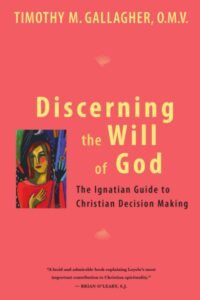


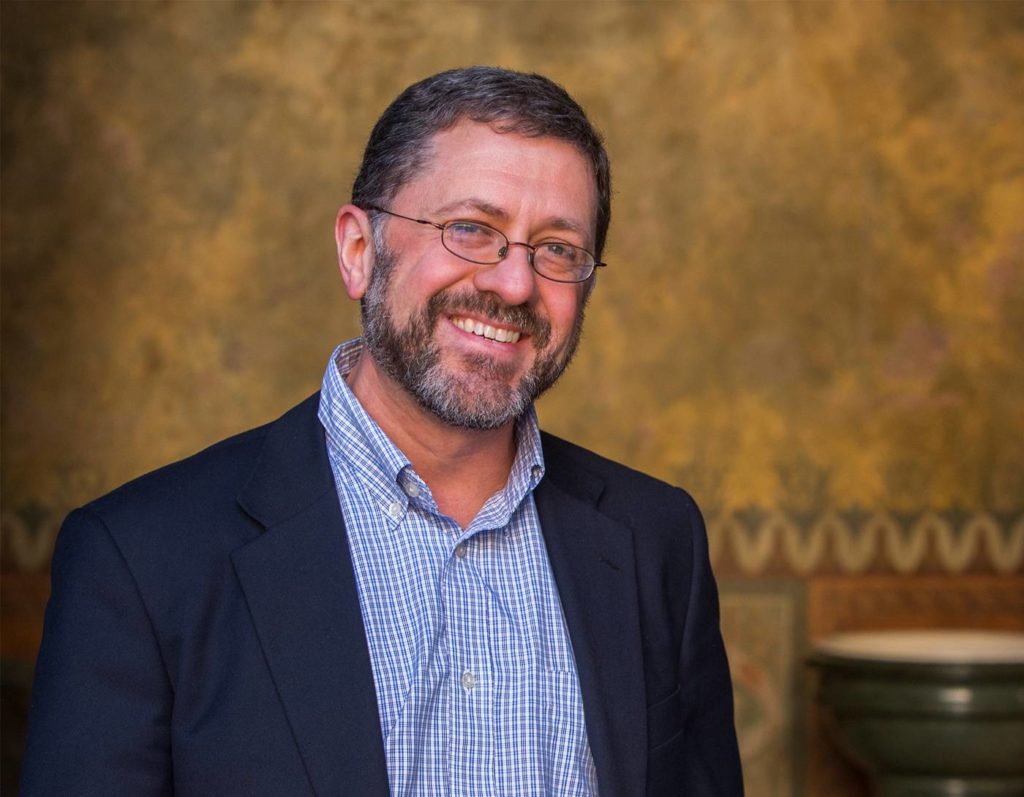 Episode 8 – Celsus – Villains of the Early Church with Mike Aquilina
Episode 8 – Celsus – Villains of the Early Church with Mike Aquilina